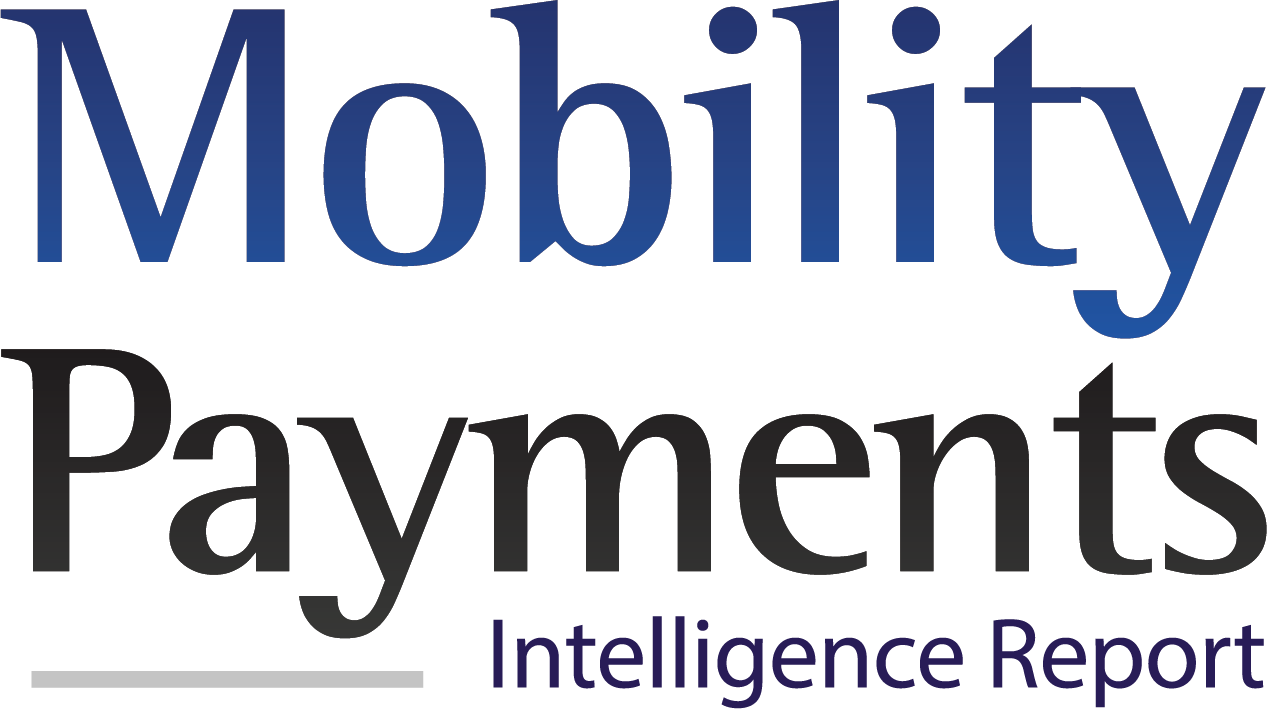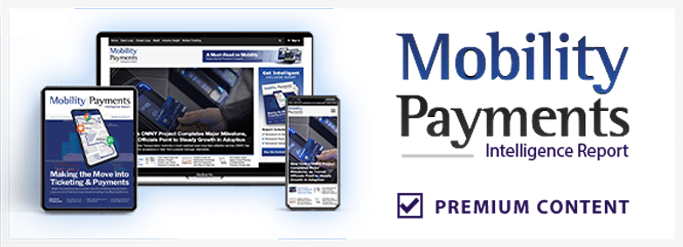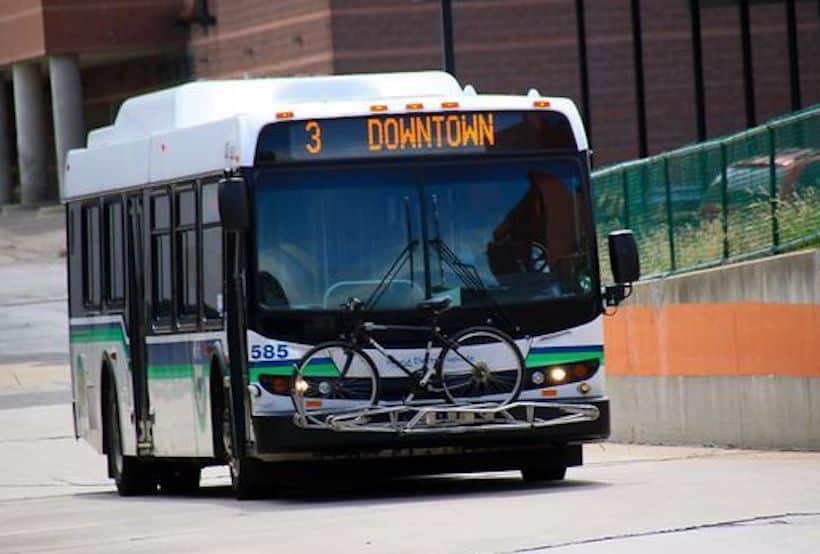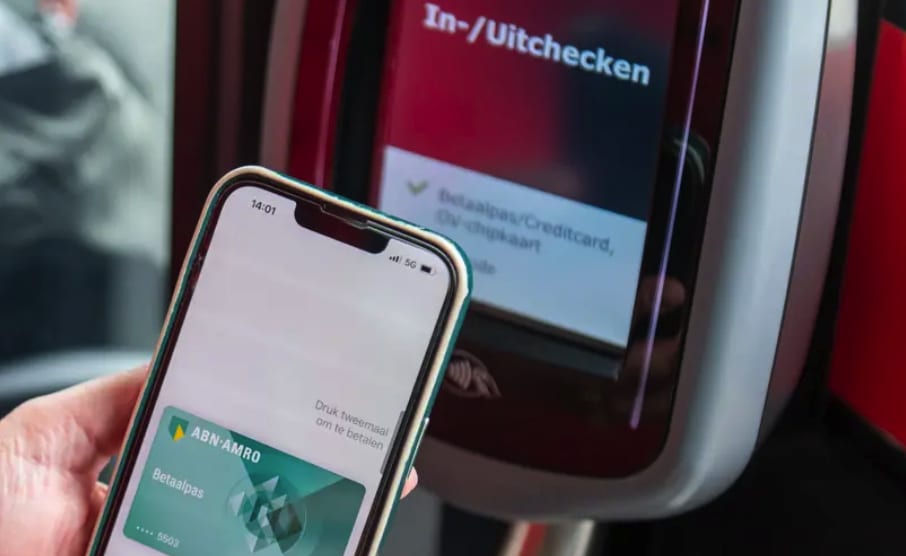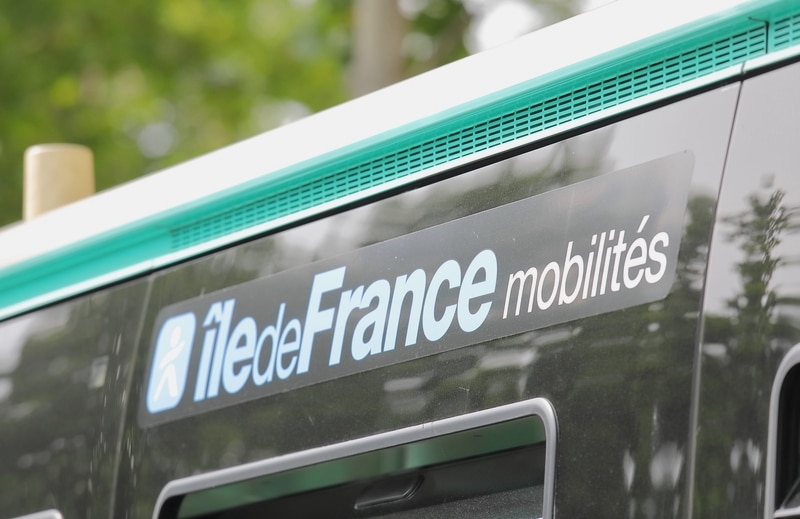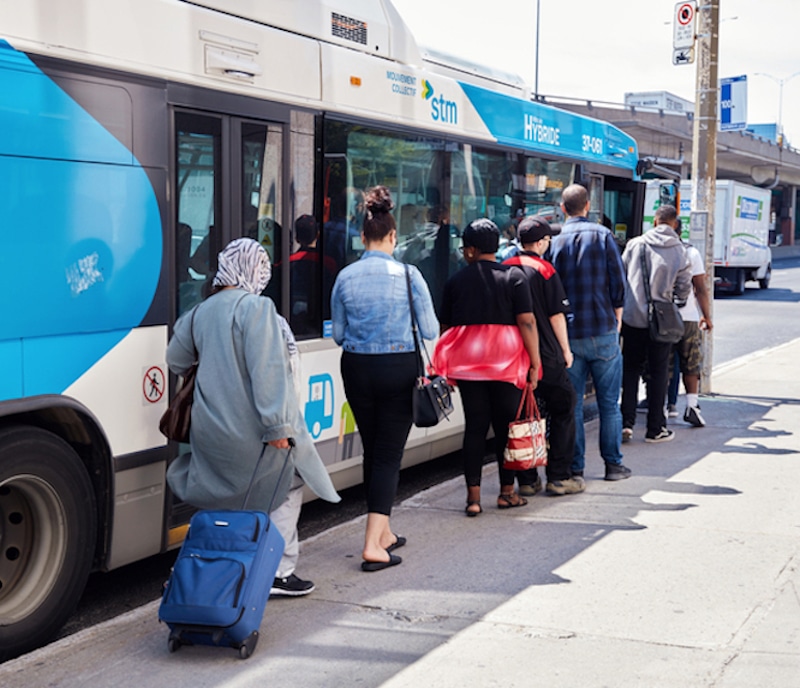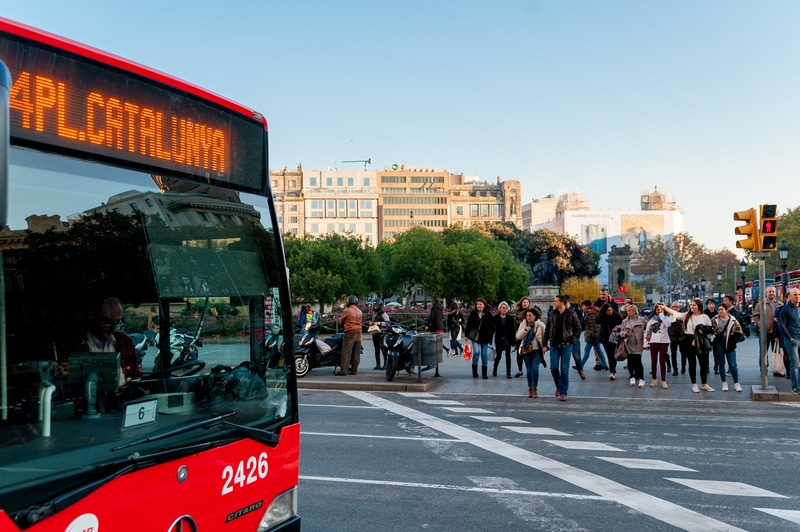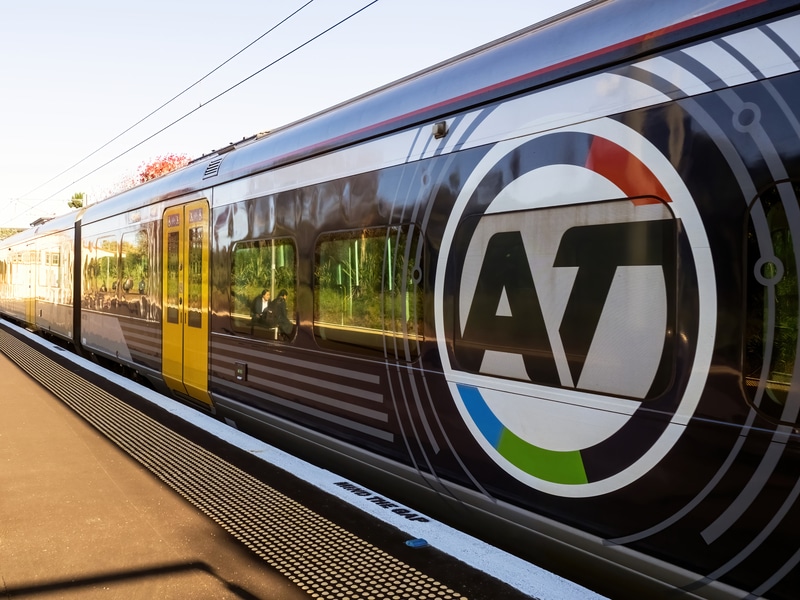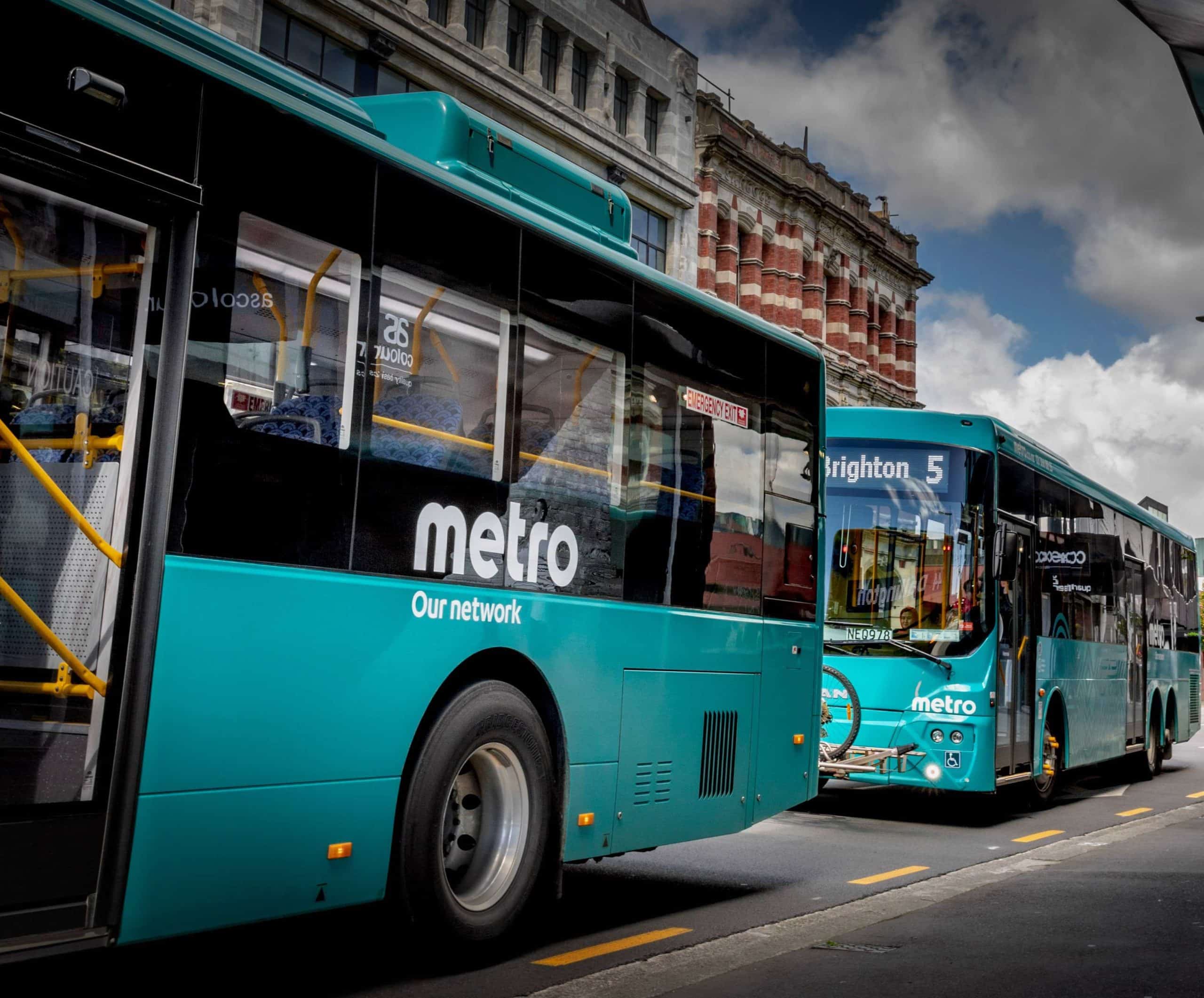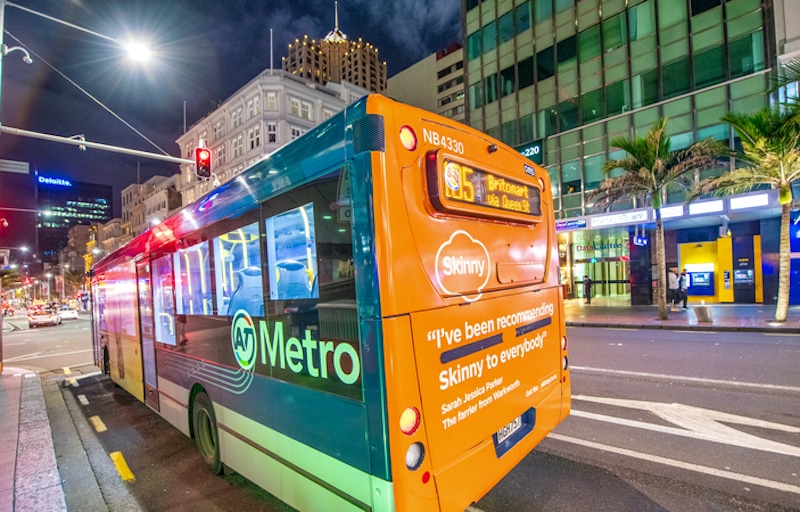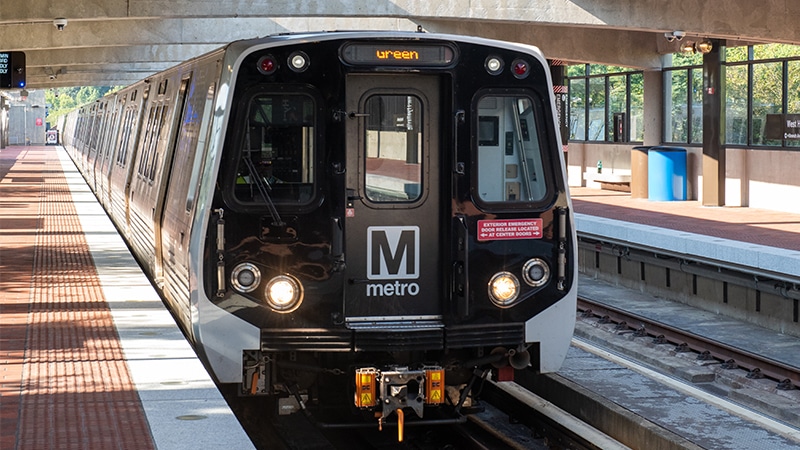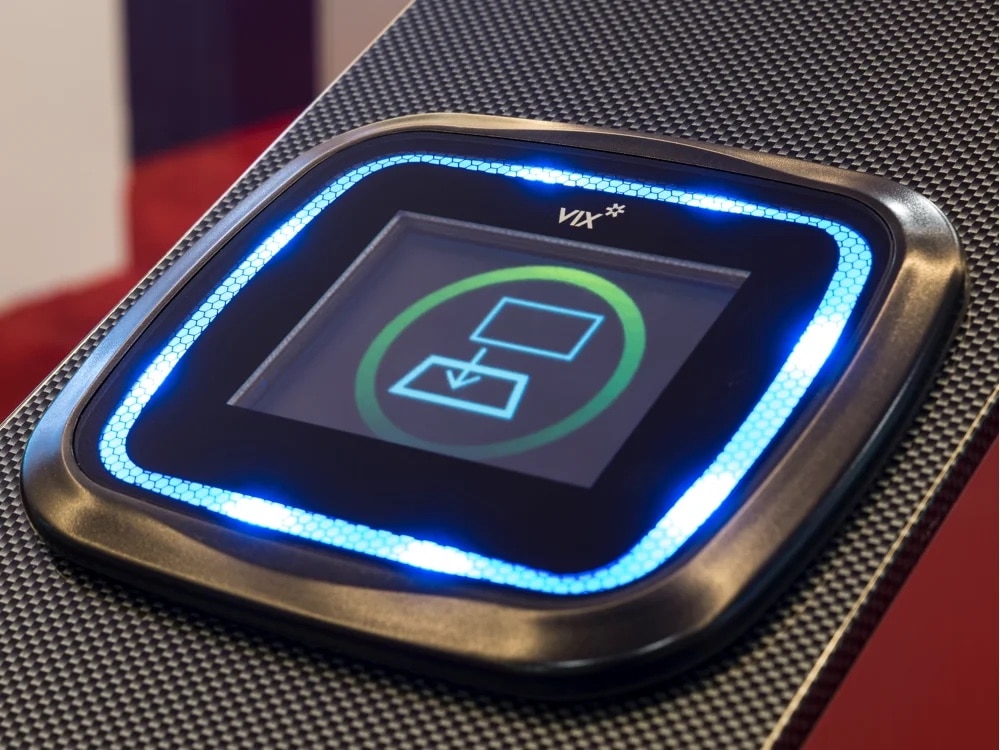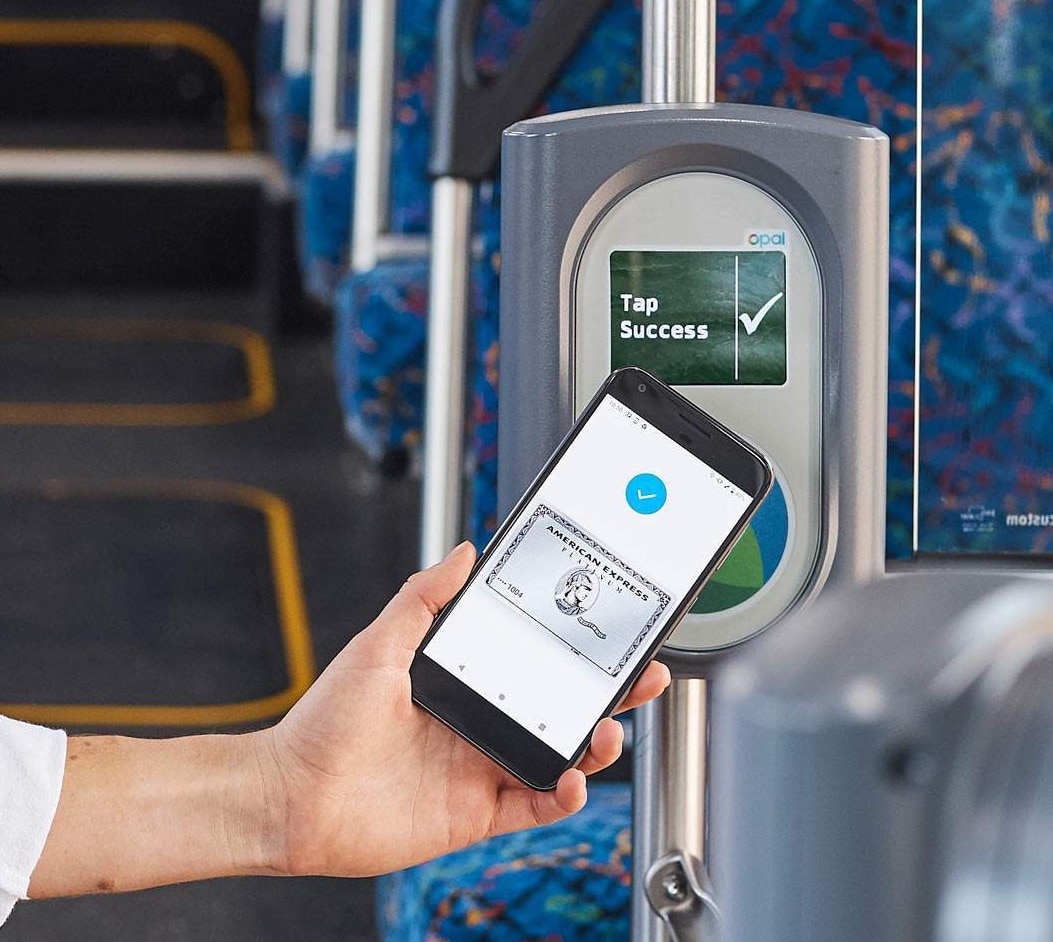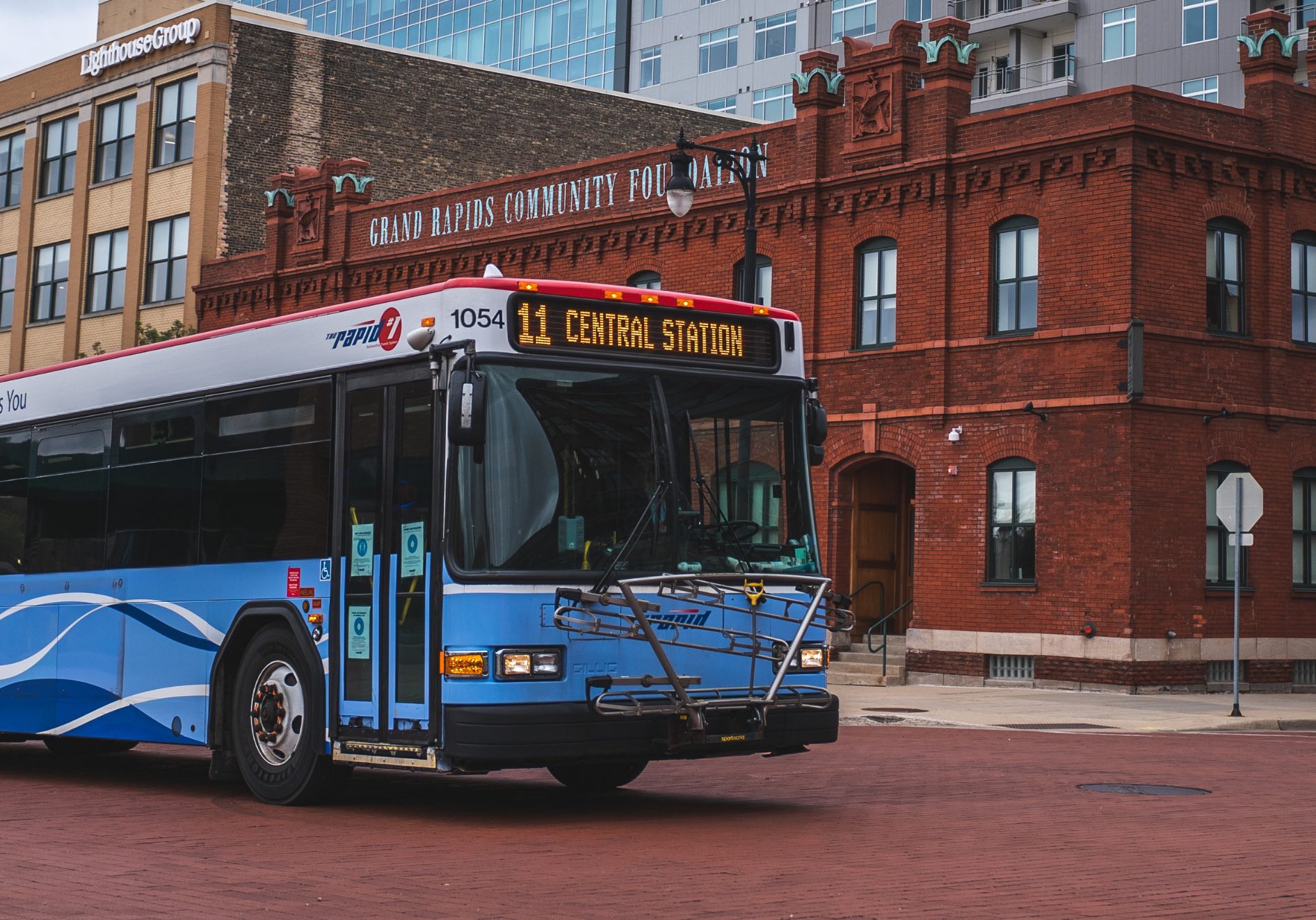
Article Highlights
The transit agency serving the city of Grand Rapids, Mich., became the latest in a small but growing list of agencies to launch open-loop payments in the U.S. The small agency said its vendor integrated and activated EMV-ready terminals to accept credit and debit cards and NFC wallets.
Agency staffers justified not going out to bid for the $331,000 open-loop contract, saying that “procurement through potential other vendors would be extremely cost prohibitive to integrate.” They did not say how much more it was estimated to cost with other vendors in the board documents.
• The Rapid (Grand Rapids)
• INIT
The transit agency serving the city of Grand Rapids, Mich., became the latest in a small but growing list of agencies to launch open-loop payments in the U.S.
